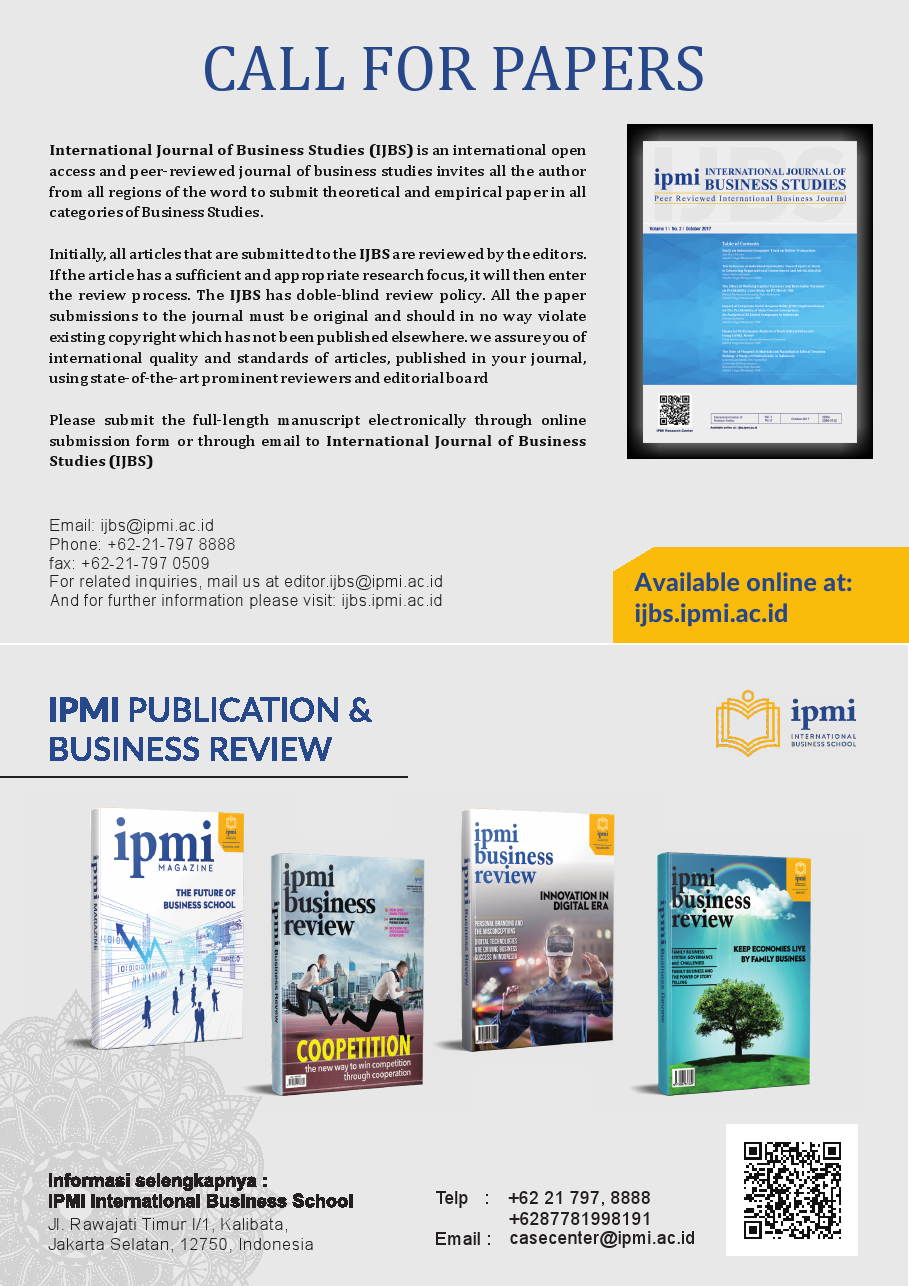Giving Unwanted Gifts: Political Economy of Youtube Apology
DOI:
https://doi.org/10.32924/ijbs.v5i3.202Keywords:
Media political economy, Youtube apology, Moral economy, Commodity, Gift economyAbstract
A public apology is a fairly common content found on the YouTube platform to restore the reputation and regain people's trust. At the same time, Youtube can also be used as a commodity-based economic platform that allows organizations, individuals, and Google (the owner of Youtube) to earn revenue either through advertising or direct promotion. These two things reflect the dual benefits of two opposites: genuine demand in the public interest and economic exploitation for the benefit of certain parties. This is well explored by the political economy theory of media which sees the digital platform as a convergence between the moral economy of commodities, the moral economy of gifts, and the moral economy of public goods. This article aims to further explore the three elements of the political economy of the media in the context of apologies on Youtube in five cases that occurred in Indonesia. The five apology cases were analyzed using parameters reflecting the moral economy of commodities, gifts, and public goods. The results of the analysis provide a typology of apology and a model that reflects the interrelation between the three moral economies involved in every apology.
Downloads
Submitted
Accepted
Published
How to Cite
Issue
Section
License

International Journal of Business Studies by Sekolah Tinggi Manajemen IPMI is licensed under a Creative Commons Attribution-ShareAlike 4.0 International License.
Authors who publish with this journal agree to the following terms:
1. Copyright Transfer Agreement Form can be downloaded HERE.
2. Authors retain copyright and grant the journal right of first publication with the work simultaneously licensed under a CC BY-SA Creative Commons Attribution-ShareAlike 4.0 International License that allows others to share the work with an acknowledgement of the work's authorship and initial publication in this journal.
3. Authors are able to enter into separate, additional contractual arrangements for the non-exclusive distribution of the journal's published version of the work (e.g., post it to an institutional repository or publish it in a book), with an acknowledgement of its initial publication in this journal.
4. Authors are permitted and encouraged to post their work online (e.g., in institutional repositories or on their website) prior to and during the submission process, as it can lead to productive exchanges, as well as earlier and greater citation of published work.















